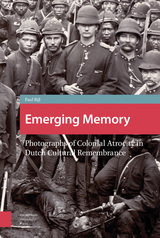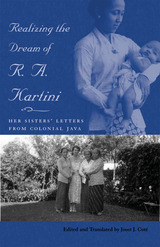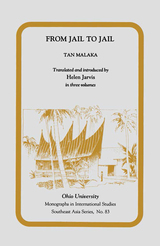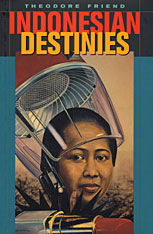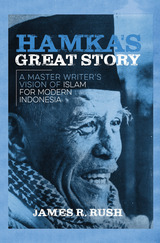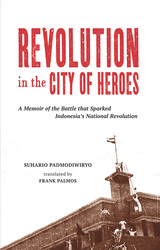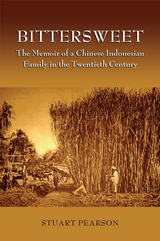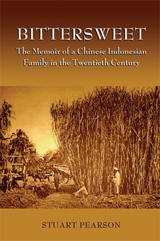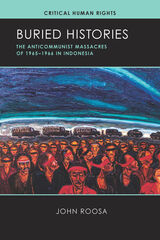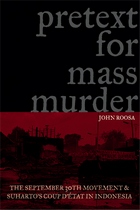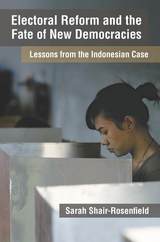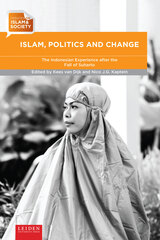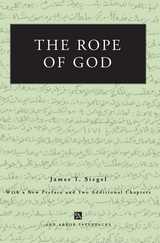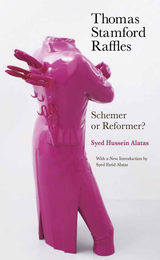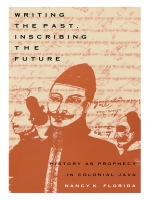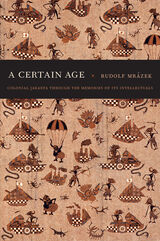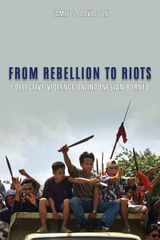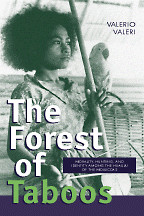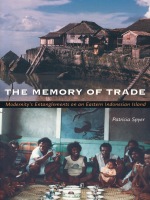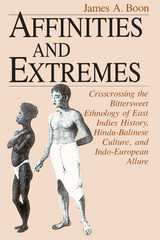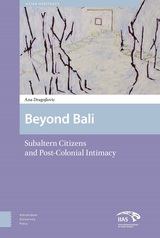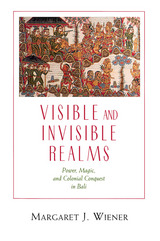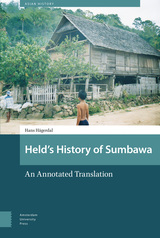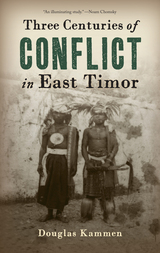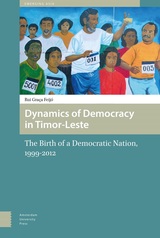Shadow and Sound: The Historical Thought of a Sumatran People
University of Chicago Press, 1979
Cloth: 978-0-226-75690-5
Library of Congress Classification DS646.15.A8S54
Dewey Decimal Classification 959.8
Cloth: 978-0-226-75690-5
Library of Congress Classification DS646.15.A8S54
Dewey Decimal Classification 959.8
ABOUT THIS BOOK | AUTHOR BIOGRAPHY | TOC
ABOUT THIS BOOK
Atjeh was a kingdom in northern Sumatra which had a long history of rebellion and unrest. As a Mulim Sultanate from the sixteenth to the nineteenth century, Atjeh engaged in internal political struggle. Since the nineteenth century, Atjeh has been under Dutch, Japanese, or Indonesian control - domination to which the Atjeh never passively yielded. In Shadow and Sound James Siegel arges that the Atjehnese view of history, as expressed in the language of their epic poetry, is based not on the fixing of historical fact, but on a flow of words that is actually immune to the past.
Siegel traces the Atjehnese treatment of history through two epics and a folktale. In his interpretation he goes beyond the idea tht texts such as these are semi-accurate historical documents to show tht tempo, rhythm, rhyme, and melody replace the significance of the content. Furthermore, he uncovers which Atjehnese frameworks - native genres ranging from dream interpretation to conventions of braggadocio
- illuminate their own sense of history.
Siegel first translates one of the important remaining epics on a historical topic, the Hikajat Potjoet Moehamat, and provides an analysis based on the narratve, prosodic structure and his observation of the recitation of epics. He then translates and analyzes two other pieces: a tale entitled Si Meuseukin's Wedding and another epic, the last popular one, Hikajat Prang Sabil. Finally he indicates how a similar treatment of history continues in present-day Atjeh. The analyses demonstrate that in the context of centuries of violence and disruption the Atjehnese have maintained an ability to speak of the past in such ways that it is turned into triumph, not by dwelling on heroic victories but by controlling language.
Siegel's way of looking at the relationship between history and literature will be valuable not only in anthropology but in literary history and comparative studies in literature and politics as well.
Siegel traces the Atjehnese treatment of history through two epics and a folktale. In his interpretation he goes beyond the idea tht texts such as these are semi-accurate historical documents to show tht tempo, rhythm, rhyme, and melody replace the significance of the content. Furthermore, he uncovers which Atjehnese frameworks - native genres ranging from dream interpretation to conventions of braggadocio
- illuminate their own sense of history.
Siegel first translates one of the important remaining epics on a historical topic, the Hikajat Potjoet Moehamat, and provides an analysis based on the narratve, prosodic structure and his observation of the recitation of epics. He then translates and analyzes two other pieces: a tale entitled Si Meuseukin's Wedding and another epic, the last popular one, Hikajat Prang Sabil. Finally he indicates how a similar treatment of history continues in present-day Atjeh. The analyses demonstrate that in the context of centuries of violence and disruption the Atjehnese have maintained an ability to speak of the past in such ways that it is turned into triumph, not by dwelling on heroic victories but by controlling language.
Siegel's way of looking at the relationship between history and literature will be valuable not only in anthropology but in literary history and comparative studies in literature and politics as well.
See other books on: Aceh (Indonesia) | Historical Thought | Nanggroe Aceh Darussalam (Indonesia) | Shadow | Sound
See other titles from University of Chicago Press

